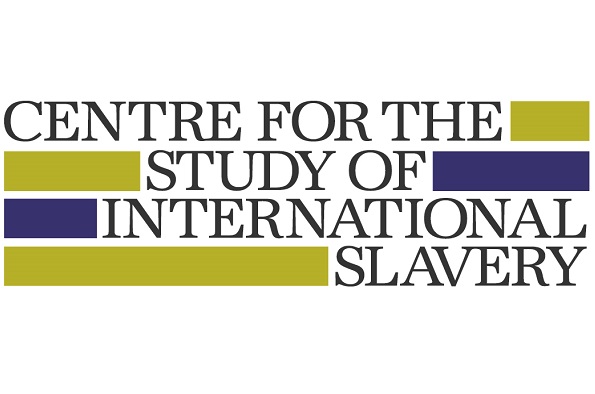
Mapping and Mobilising Slavery Heritage
Start time: 10:00 / End time: 15:00 / Date: 23 Jul 2018 / Venue: Faculty Committee Room
1-7 Abercromby Square
University of Liverpool
Liverpool
L69 7WZ Abercromby SQ (West) Open to: Students within this Faculty / Staff within this Faculty / Students from other HEIs / Staff from other HEIs/research institutions Type: Workshop Cost: Free. Book via Eventbrite Contact: For more information contact Helen Bryant at H.E.Bryant@liverpool.ac.uk
About the event
An international workshop hosted by the Centre for the Study of International Slavery and part of the Antislavery Knowledge Network (AKN)
Workshop summary
The morning session will be devoted to a new project on Ghana’s slavery heritage, while the afternoon will include reflections on connections with the UK and curatorial perspectives on material culture and West Africa in the collections of NML.
Schedule
10.00-10.30: Arrival, coffee
10.30-10.45: Introductions
Welcome and background to AKN – Alex Balch (University of Liverpool, Co-Director of the Centre for the Study of International Slavery)
10.45-12.30: Session 1 – New research in Ghana as part of the AKN
Chair: Dr Lennon Mhishi (University of Liverpool)
Speakers
Wazi Apoh (Department of Archaeology and Heritage Studies, University of Ghana): ‘Tangible and Intangible Slave Relics in the Southern Volta’
Benjamin Warinsie Kankpeyeng (Department of Archaeology and Heritage Studies, University of Ghana): ‘Slave relics in northern Ghana’
Mark Seyram Amenyo-Xa (Department of Archaeology and Heritage Studies, University of Ghana and Ghana Museums and Monuments Board) ‘Database Development and Contemporary Forms of Slavery’
Description
In this session preliminary findings will be presented from a collaboration between University of Ghana and University of Liverpool that is mapping material evidence for various forms of slavery in Ghana. The project is being led by Dr Wazi Apoh and Dr Benjamin Kankpeyeng from the Department of Archaeology and Heritage Studies, University of Ghana (Legon), and is part of the Antislavery Knowledge Network, a Network Plus project funded by AHRC through the UK’s Global Challenges Research Fund (GCRF).
This research in Ghana is going beyond the European trading fortresses on the coastline, to include sites in the hinterland, and will involve engagement with local communities. As has been argued by Dr Kankpeyeng these sites have huge potential in deepening our understanding of different forms of slavery, but they also ‘raise important issues concerning slavery heritage and its stakeholders’ and ‘carry meaning in the present day, both locally and for diasporan Africans’ (Kankpeyeng 2009: 218)
12.30-13.30: Lunch
13.30-15.00: Session 2: Artefacts of Historical slavery - Reflections on slavery heritage and collections in the UK
Chair: Dr Richard Benjamin (Director, International Slavery Museum)
Speakers
Zachary Kingdon (National Museums Liverpool) ‘The Complexities of Ghana’s Slavery Heritage as Embodied in the World Museum Liverpool West African Collection’
Jane Webster (Newcastle University) ‘Legacies of the slave trade? Some West African artefacts in British museum collections’
Add this event to my calendar
Click on "Create a calendar file" and your browser will download a .ics file for this event.
Microsoft Outlook: Download the file, double-click it to open it in Outlook, then click on "Save & Close" to save it to your calendar. If that doesn't work go into Outlook, click on the File tab, then on Open & Export, then Open Calendar. Select your .ics file then click on "Save & Close".
Google Calendar: download the file, then go into your calendar. On the left where it says "Other calendars" click on the arrow icon and then click on Import calendar. Click on Browse and select the .ics file, then click on Import.
Apple Calendar: The file may open automatically with an option to save it to your calendar. If not, download the file, then you can either drag it to Calendar or import the file by going to File >Import > Import and choosing the .ics file.